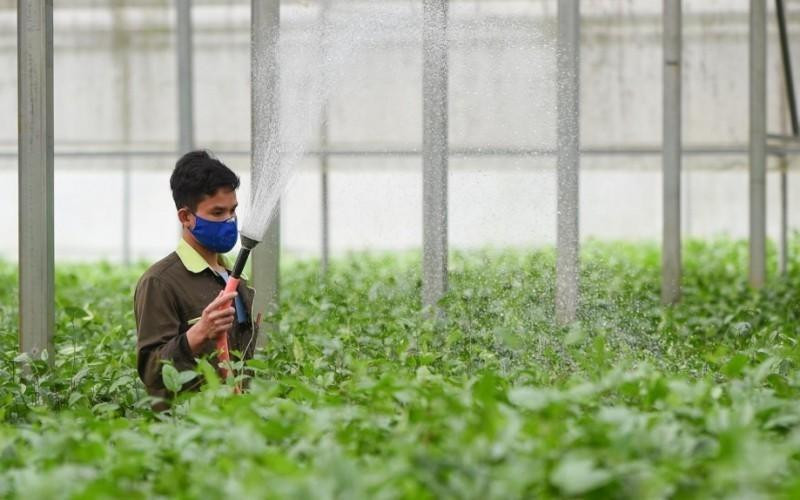The UN Secretary-General Antonio Guterres noted that this year's World Food Day takes place when the world is facing unprecedented challenges, due to the global food crisis. About 345 million people face severe food insecurity and people in Africa have been hit the hardest. In its recent Regional Economic Outlook, the International Monetary Fund (IMF) warned that 123 million people (about 12% of sub-Saharan Africa's population) are at risk of severe food insecurity by the end of 2022.
The main cause for the above alarming figures is the negative impact of the COVID-19 pandemic, the prolonged drought caused by climate change and the conflict in Ukraine. Record low rainfall over the past three years has pushed many communities in Africa to the brink of disaster. The drought during the 2021-2022 period has surpassed previous droughts in both duration and severity. The Office for the Coordination of Humanitarian Affairs (OCHA), warned that famine in the Horn of Africa could take a turn for the worse and lead to many dire consequences.
According to the UN, the conflict in Ukraine has disrupted global trade, increased transportation costs and delivery times, and made it impossible for farmers in many regions to access raw materials and fertilisers for agricultural production. The agreements on food and fertiliser supply, which were reached by Russia and Ukraine in July, under the auspices of the UN and Turkey, have helped defuse the global food crisis. About 6.8 million tonnes of agricultural products from Ukraine were exported through the "safe corridor" on the Black Sea. However, the time of the agreement's expiration in November is very close, but the extension is still an open question because the parties still disagree on the implementation.
In addition, prolonged drought and supply disruptions from the world's two food baskets Russia and Ukraine, have partly pushed up food prices. The Food and Agriculture Organisation of the UN (FAO), emphasised that although food prices in September maintained a downward trend for the sixth consecutive month, they were still 5.5% higher than in the same period last year. The FAO has lowered its forecast for world cereal production in 2022 to 2.768 billion tonnes, down 1.7% from 2021. According to the agency, 45 countries, stretching from Asia, Africa and Europe to Latin America and the Caribbean, all require food assistance.
Analysts said that due to the shocks, including the pandemic, conflict and droughts, vulnerable areas did not have time to recover. Meanwhile, the countries’ adaptation ability is also somewhat limited due to financial difficulties, especially when the world economy is facing many headwinds at the same time. Food insecurity has thus become more serious.
Countries and international organisations have come up with drastic solutions and actions to solve the food crisis. In its latest effort, the IMF approved an emergency lending mechanism to help countries respond to food shocks. Previously, the World Bank (WB) and many countries, also pledged to join hands to tackle global food insecurity. However, analysts said the knots of the crisis have not been untied. Executive Director of the World Food Programme, David Beasley, called on countries to unite and come up with global solutions to build a more sustainable food system.
















